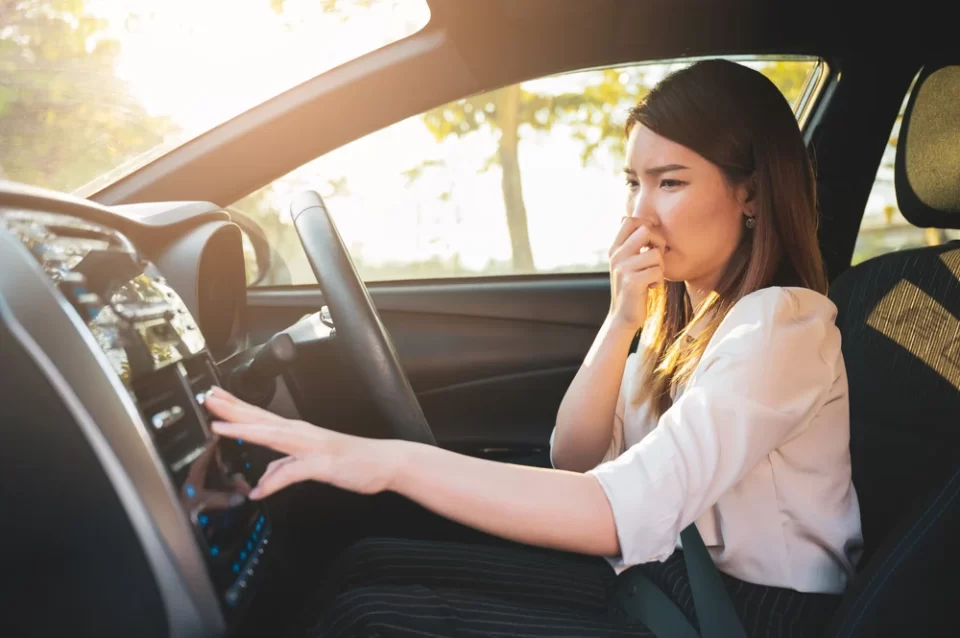Highly flammable gasoline demands attention if its scent spreads to your car. So, examine before starting the engine, as while some causes are harmless, the worst can pose severe risks. From loosely fitted gas caps to fuel pressure regulator glitches, we’re here to solve the intricacies of your vehicle’s fuel system. This way, you can identify why does my car smell like gas and the source of your situation.
We all recognize the gasoline smell, but trouble might continue if it flows from the engine. Grasping the reasons behind this scent is vital for keeping your vehicle safe and sound. If your vehicle carries an unpleasant gasoline odor, you may consider its origin and significance. The offender ranges from a minor gas spill you can swiftly tidy up to a dangerous fuel system leak demanding immediate attention.
This article will solve common causes of why does my car smell like gas and what actions you can take.
Discovering Your Fuel System
The fuel system commences through the Gas Tank, usually at the rear, storing fuel for future use. Activated when you start the engine, the electric fuel pump, commonly inside the fuel tank, draws and presses fuel throughout the system. After the fuel is drawn by the pump, it passes through a filter, eliminating dirt and debris. Now purified, fuel traverses through metal lines and resistant rubber hoses from back to front. Upon reaching the engine, gasoline is dispersed to injectors through metal tubes known as fuel rails. Each engine cylinder in modern vehicles boasts a fuel injector, ensuring the precise amount of fuel. This mix with air in the combustion chamber is compressed and ignited.
1. Gas Spill
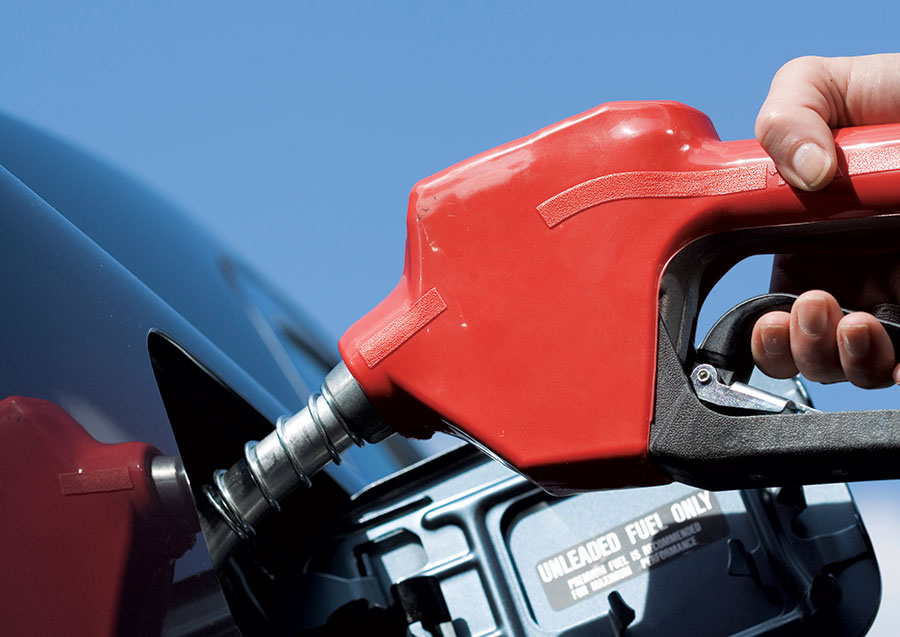
If your car smells of gas post-refueling, you might have spilled fuel on your car, clothes, or hand. Alternatively, you may have stepped on gas before getting in. No worries if that’s the case why does my car smell like gas; the smell usually fades after cleaning. Gas travels through high-pressure fuel lines from the rear tank to the front engine. A minor leak can spurt fuel some distance, forming a combustible spray or mist. It can lead to fire if near the hot exhaust or in the engine compartment. Yet, if you sense gas inside your car, not from your clothes, it likely originates from a significant fuel leak in the engine compartment, with fumes entering through the ventilation system.
2. Gas Cap Troubles
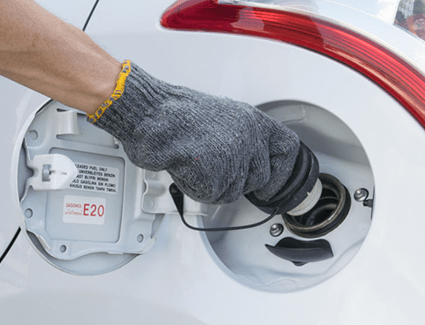
Smells of gas in and around your car may arise from a casually secured gas cap! Perhaps you forgot to snug it up post-fuel fill-up, or there’s a snag in the rubber gasket/O-Ring. Grab a new one and screw it tight. It’s a budget-friendly solution; no need for a mechanic’s help. The same applies to a worn-out O-Ring or gasket sealing the gas cap. Routine car check-ups can sidestep such minor hitches.
3. Fuel System troubles
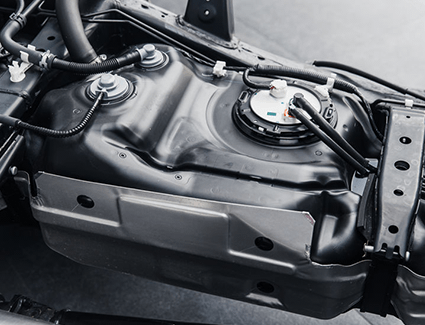
Fuel system troubles can lead to noxious gas leaks permeating your car. Don’t dismiss fuel leaks, even for a seemingly minor tank hiccup. Identifying the leak source can be tricky, stalking anywhere from the fuel injection line to the gas tank or vent hose. Inspect under your parked car, particularly towards the rear, for gas puddles. A leak may arise from a punctured tank or worn-out fuel lines. Like any other part, your car’s fuel system undergoes wear and tear, necessitating regular servicing to maintain peak conditions. Gas puddles pose a serious risk, being a prime factor in vehicle fires – promptly address any leaks.
4. Fumes Exposure
If you find that gasoline odor sticking around for more than a few minutes after your car’s tank-up, it could be due to an extended exposure. Perhaps you parked your vehicle close to a fuel station, or there was an unintended gas spill in or around your car. The good news is that handling the scent of gas inside your car is easy. If you are worried why does my car smell like gas? The smell will gradually disappear, so you don’t have to worry much, even if you take a short drive before dealing with the spill.
5. EVAP System Glitches

That faint gasoline often accompanies driving vintage cars from the early ’80s lacking the EVAP (Evaporative Emissions Control System). Modern cars, however, corral gas vapors in a charcoal-packed canister, directing purified fumes to the engine through a purge valve, where they combust. When the EVAP malfunctions, these noxious fumes break free, leaving your car with a gasoline scent. A glitch in a valve circuit or a bruised canister might be the cause, triggering the Check Engine light.
6. Fuel Pressure Regulator
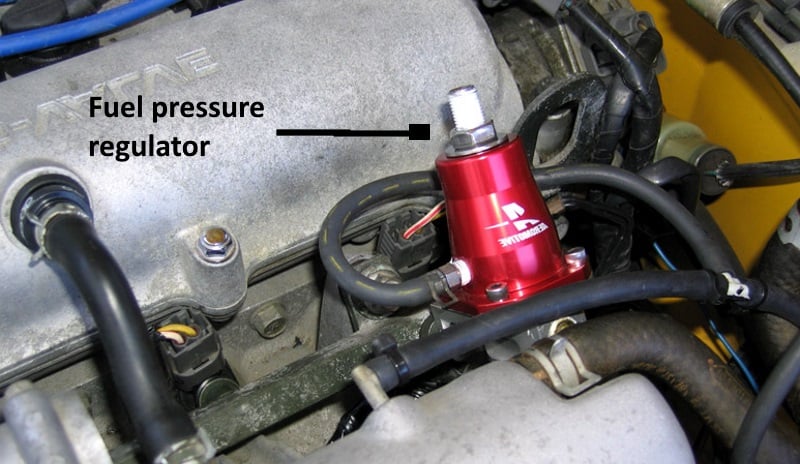
A Fuel Pressure Regulator can throw off the fuel mixture, making it excessively rich or thin. This starts the engine to burn more gas than needed, upping the fumes exiting the exhaust. These fumes can seep through your car’s ventilation, leading to the gasoline odor you detect while moving. Fuel Pressure Regulator glitches impact fuel efficiency and reduce engine power, causing slow acceleration and misfires.
7. Spark Plug Troubles
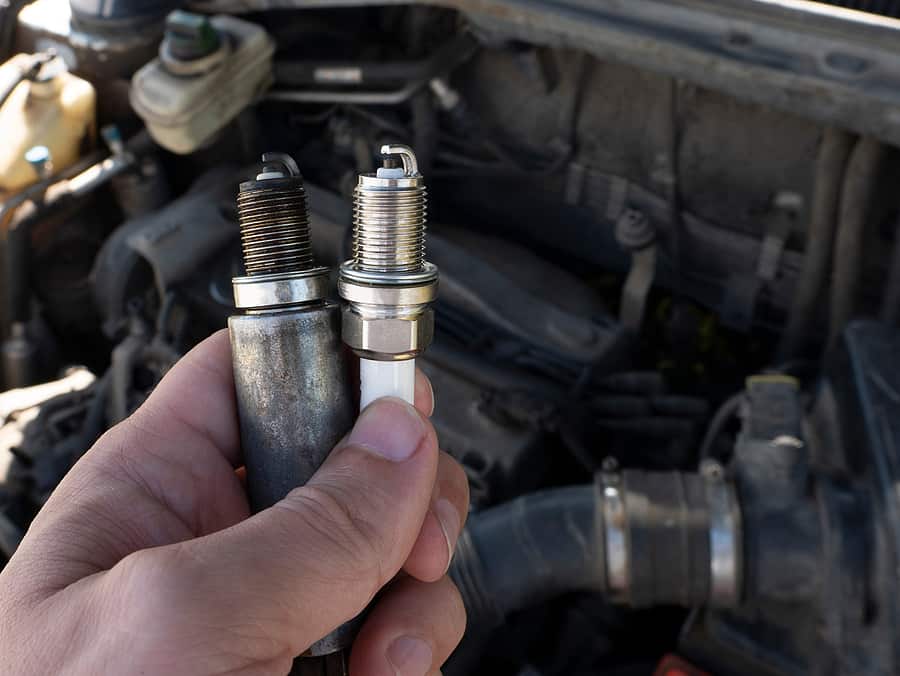
The Spark Plug initiates engine combustion by sparking the fuel-air blend, which is tightly installed in the combustion chamber to prevent mix leakage. If the O-ring seal falters or you sport a cracked spark plug, fumes may sneak from the cylinder to your car’s interiors via the HVAC intake. Dodge gas smells in cars with routine check-ups. Keep in mind that spark plugs can’t be overly secure. The technician must fix the leak before swapping or fixing your spark plug.
Dealing with the issue of why does my car smell like gas
- Stop a gasoline smell by prioritizing prevention.
- Stick to routine maintenance like fuel system checks to catch issues early, keeping your fuel system at its best and reducing the risk of gas odors.
- If a strong gas smell hits you inside your car, focus on safety.
- Open windows for fresh air, and avoid smoking or using flames.
- If the smell lingers or a substantial fuel leak is suspected, park in a well-ventilated space and consult a pro mechanic.
- They possess the know-how and tools to accurately diagnose and address issues.
- Clearly outline symptoms to help identify the root cause effectively.
Conclusion
So you came to know about why does my car smell like gas. Your car smelling of gas might signal fuel or exhaust system troubles. Be it a fuel leak, malfunctioning fuel injector, EVAP system issue, overfilled tank, or exhaust system glitch, handling the problem promptly is vital. Contact technicians for timely repairs and regular maintenance, ensuring your car runs smoothly and stays safe.
